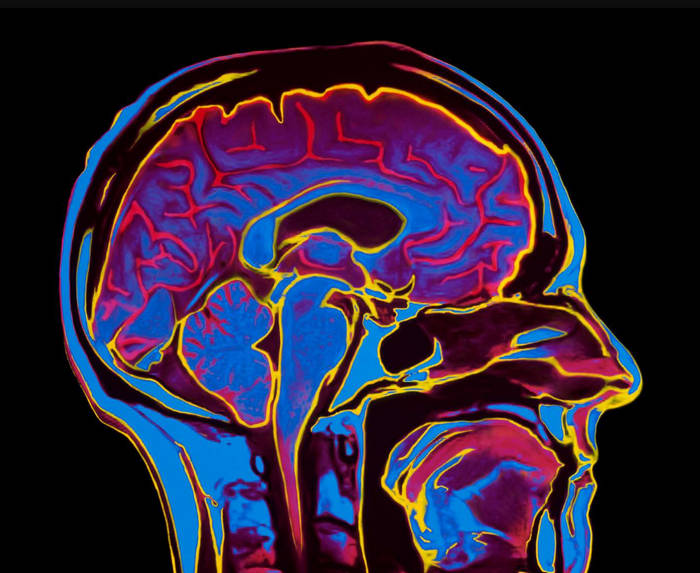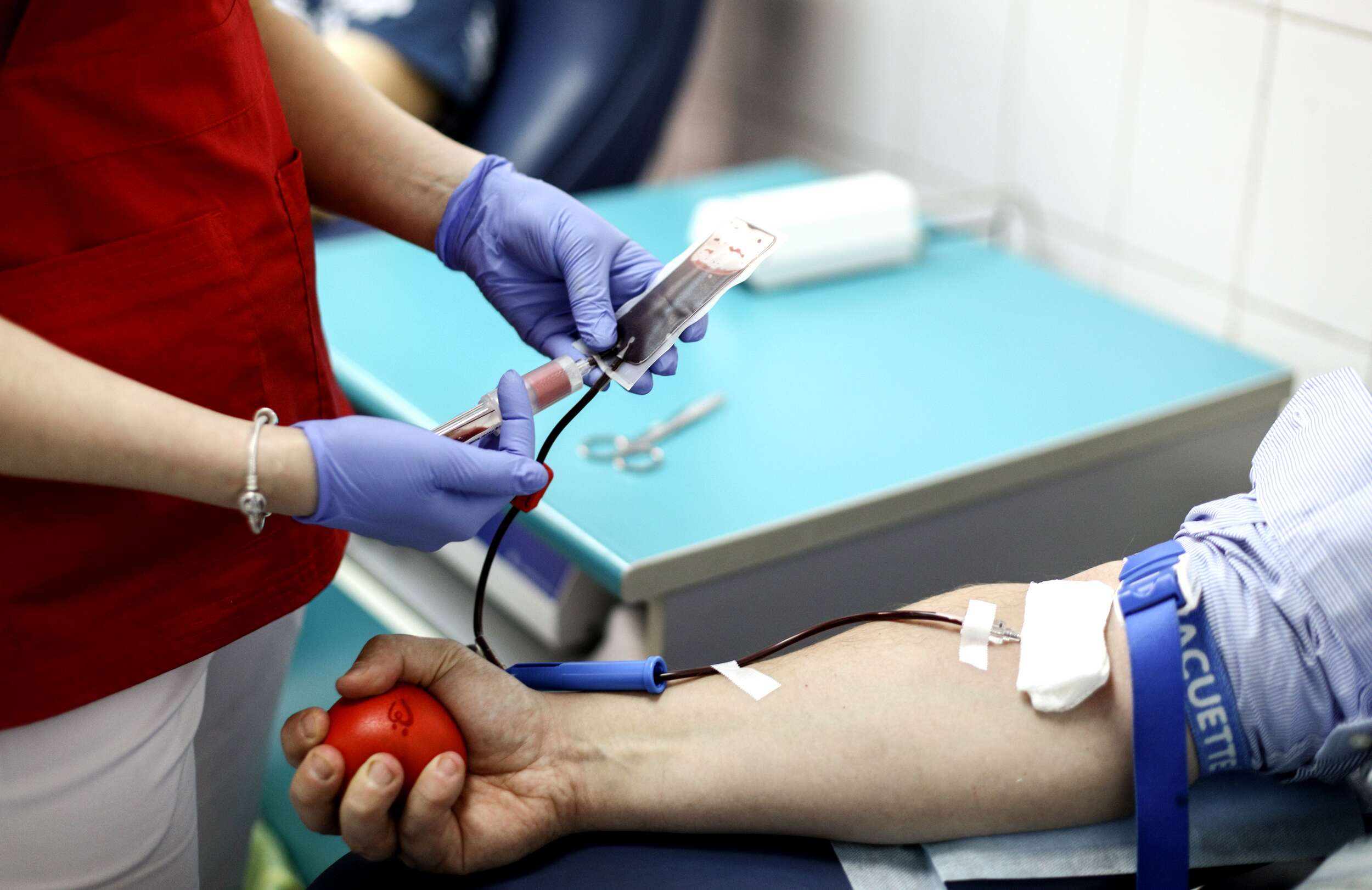Low norepinephrine symptoms
Norepinephrine, also known as noradrenaline, is a crucial neurotransmitter and hormone in the human body. It plays a vital role in the brain’s regulation of mood, alertness, arousal, and the body’s response to stress. Produced primarily in the adrenal medulla and the brainstem, norepinephrine is essential for maintaining several physiological processes and overall mental health. A deficiency in norepinephrine can lead to a wide array of symptoms, affecting both physical and psychological health. This essay explores the various symptoms associated with low norepinephrine levels and their implications on health.

The Role of Norepinephrine in the Body
Norepinephrine is part of the catecholamine family, which also includes dopamine and epinephrine (adrenaline). These neurotransmitters are critical in the body’s fight-or-flight response, a mechanism that prepares the body to either confront or flee from a threat. Norepinephrine increases heart rate, releases glucose from energy stores, and increases blood flow to skeletal muscles. It also affects brain function by enhancing alertness, focus, and the ability to respond to stressors.
Psychological Symptoms of Low Norepinephrine
Depression
One of the most significant psychological symptoms of low norepinephrine levels is depression. Norepinephrine is heavily involved in mood regulation, and a deficiency can lead to feelings of sadness, hopelessness, and a lack of interest in activities once found pleasurable. This neurotransmitter imbalance is often observed in patients with major depressive disorder (MDD), where symptoms can severely impact daily functioning and quality of life.
Anxiety
While norepinephrine is typically associated with arousal and alertness, low levels can paradoxically contribute to anxiety. The imbalance can result in an inability to appropriately respond to stress, leading to heightened anxiety and panic attacks. The brain’s reduced capacity to handle stress effectively causes a chronic state of worry and unease, impacting both mental and physical health.
Cognitive Impairment
Norepinephrine plays a role in cognitive functions such as attention, learning, and memory. Deficiency in norepinephrine can lead to difficulties in concentrating, poor memory, and reduced problem-solving abilities. Individuals may experience brain fog, characterized by confusion and a lack of mental clarity, which can severely impact academic and occupational performance.
Physical Symptoms of Low Norepinephrine
Fatigue
Chronic fatigue is a common symptom associated with low norepinephrine levels. This neurotransmitter is involved in maintaining energy levels and wakefulness. A deficiency can result in persistent tiredness, regardless of adequate rest or sleep. This fatigue can be debilitating, affecting daily activities and overall productivity.
Hypotension
Norepinephrine helps regulate blood pressure by constricting blood vessels. Low levels can lead to hypotension (low blood pressure), which is characterized by dizziness, lightheadedness, and fainting. This condition can be particularly dangerous if it leads to falls or other accidents, especially in older adults.
Poor Circulation
Due to its role in vasoconstriction, low norepinephrine can result in poor circulation. Individuals may experience cold hands and feet, numbness, and tingling sensations. Poor circulation can also impact wound healing and increase susceptibility to infections.
Behavioral Symptoms of Low Norepinephrine
Lack of Motivation
Norepinephrine is crucial for motivation and goal-directed behavior. Low levels can lead to a lack of drive and enthusiasm for pursuing activities or achieving goals. This symptom is often seen in conjunction with depression but can also occur independently, affecting both personal and professional life.
Impaired Social Functioning
Social interactions require a certain level of mental alertness and emotional regulation, both of which are influenced by norepinephrine. Deficiency in this neurotransmitter can lead to social withdrawal, reduced communication skills, and difficulties in forming and maintaining relationships. The resulting social isolation can further exacerbate feelings of depression and anxiety.
Causes of Low Norepinephrine Levels
Genetic Factors
Genetics can play a significant role in the regulation of norepinephrine levels. Variations in certain genes can affect the synthesis, release, and reuptake of norepinephrine, leading to chronic low levels. Understanding these genetic predispositions can help in identifying individuals at risk and developing targeted interventions.
Chronic Stress
Chronic stress is a major factor that can deplete norepinephrine levels. Prolonged exposure to stressors leads to the constant activation of the body’s stress response, eventually exhausting the production and availability of norepinephrine. This depletion can lead to the symptoms discussed earlier, creating a cycle of stress and neurotransmitter imbalance.
Nutritional Deficiencies
Certain nutrients are essential for the synthesis of norepinephrine, including amino acids like tyrosine and phenylalanine, as well as vitamins such as B6, B12, and folate. Deficiencies in these nutrients can impair the body’s ability to produce adequate levels of norepinephrine, highlighting the importance of a balanced diet for mental health.
Diagnosis and Treatment of Low Norepinephrine
Diagnostic Approaches
Diagnosing low norepinephrine levels involves a combination of patient history, symptom evaluation, and laboratory tests. Blood and urine tests can measure catecholamine levels, while imaging studies like PET scans can assess neurotransmitter activity in the brain. Psychological assessments are also crucial in understanding the impact of low norepinephrine on mental health.
Pharmacological Treatments
Medications such as norepinephrine reuptake inhibitors (NRIs) and certain antidepressants can help increase norepinephrine levels in the brain. These drugs work by preventing the reabsorption of norepinephrine into nerve cells, thereby increasing its availability in the synaptic cleft. In some cases, stimulant medications may also be prescribed to enhance alertness and energy levels.
Lifestyle Modifications
Lifestyle changes can significantly impact norepinephrine levels. Regular physical exercise, particularly aerobic activities, has been shown to increase the release of norepinephrine. Stress management techniques such as mindfulness, meditation, and cognitive-behavioral therapy (CBT) can help reduce chronic stress and its impact on neurotransmitter levels. Ensuring a balanced diet rich in essential nutrients is also crucial for maintaining healthy norepinephrine levels.
Conclusion
Norepinephrine is a critical neurotransmitter that affects a wide range of physical and psychological functions. Low levels of norepinephrine can lead to symptoms such as depression, anxiety, cognitive impairment, fatigue, hypotension, and social withdrawal, significantly impacting an individual’s quality of life. Understanding the causes, symptoms, and treatments of low norepinephrine is essential for managing this condition effectively. Through a combination of pharmacological interventions and lifestyle modifications, individuals can improve their norepinephrine levels and overall well-being.


